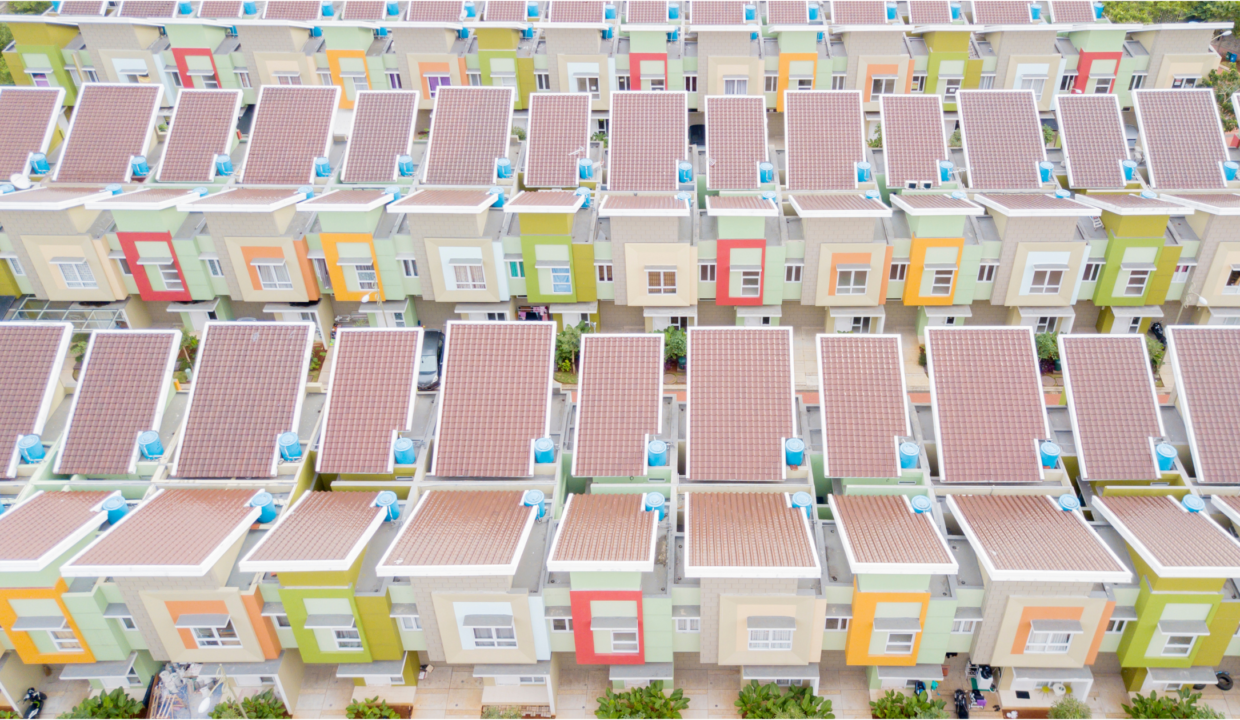
President Prabowo Subianto’s ambitious plan to build 3 million homes is facing significant delays, raising concerns among property developers. With no clear roadmap and slow government execution, the project remains stagnant, impacting the property market and related industries.
Developers Express Concerns Over Delayed Execution
Leading property developer associations have voiced their frustration over the slow progress of the 3 million homes project. Five major associations, including Real Estate Indonesia (REI) and the Association of Housing and Settlement Developers (Apersi), raised their concerns during a recent meeting with the People’s Aspirations Body of the Indonesian House of Representatives (BAM DPR RI).
Joko Suranto, Chairman of REI, highlighted the lack of a clear regulatory framework and implementation strategy from the Ministry of Housing and Settlement Areas (PKP). “After five months, there is no progress on the project,” he stated, as reported by Bisnis.com. Developers fear that without government intervention, the initiative may fail to materialize, affecting housing availability and economic growth.
Lack of Government Commitment Stalls Progress
Despite being a National Strategic Project (PSN) under the 2025-2029 National Medium-Term Development Plan (RPJMN), the housing initiative has not received sufficient attention from President Prabowo. Developers noted that the President rarely mentions the project in his recent public addresses.
“Now, there is no progress, and even Prabowo himself hardly mentions the 3 million homes project anymore,” Suranto remarked. Instead, government discussions have shifted toward industrial downstreaming, free nutritious meal programs, and other initiatives. The lack of prioritization has led to growing skepticism about whether the project will ever move forward.
Challenges in Policy and Funding
A major obstacle to the project is the lack of clear policies and sufficient funding. The Ministry of Housing and Settlement Areas has yet to issue regulatory guidelines for implementation. Additionally, contradictory statements from the ministry have created uncertainty in the property sector.
Junaidi Abdillah, Chairman of Apersi, criticized the ministry’s proposal to lower the price of subsidized housing amid rising land and material costs. “Land prices are increasing, yet the minister suggests reducing house prices. This is completely contradictory,” he said.
Further complicating matters, developers are also facing audits, which they argue are unnecessary since subsidized housing projects rely on private capital expenditure, not government funding. “It’s unreasonable to audit developers when we do not use state funds,” Abdillah asserted.
Ministry’s Response and Future Plans
Even with interest from foreign investors, the 3 million homes project remains stagnant. In response to these concerns, Housing Minister Maruarar Sirait stated that the government is still exploring financing solutions. With only IDR 3.46 trillion (approximately USD 220 million) allocated from the national budget, the ministry is seeking additional funding through partnerships.
“We are trying our best. With only IDR 3 trillion, what can we build?” Sirait explained. The ministry is negotiating with Bank Indonesia, the Ministry of Finance, and state-owned enterprises to secure up to IDR 80 trillion in liquidity support.
The government is also considering revising the housing finance facility scheme, adjusting the funding ratio between state and private banks. However, without urgent policy changes and clearer direction, doubts about the project’s viability remain.
Uncertainty Persists as Developers Await Action
The 3 million homes project is struggling due to unclear policies, funding shortfalls, and lack of government commitment. Developers have urged immediate intervention, warning of broader economic repercussions. While the Ministry of Housing and Settlement Areas is working on financing strategies, skepticism remains high.
Without a concrete roadmap and strong leadership, the project risks stagnation. As developers and industry stakeholders wait for decisive action, the future of affordable housing in Indonesia remains uncertain.
Source: bisnis.com
Images; Creativa Images
